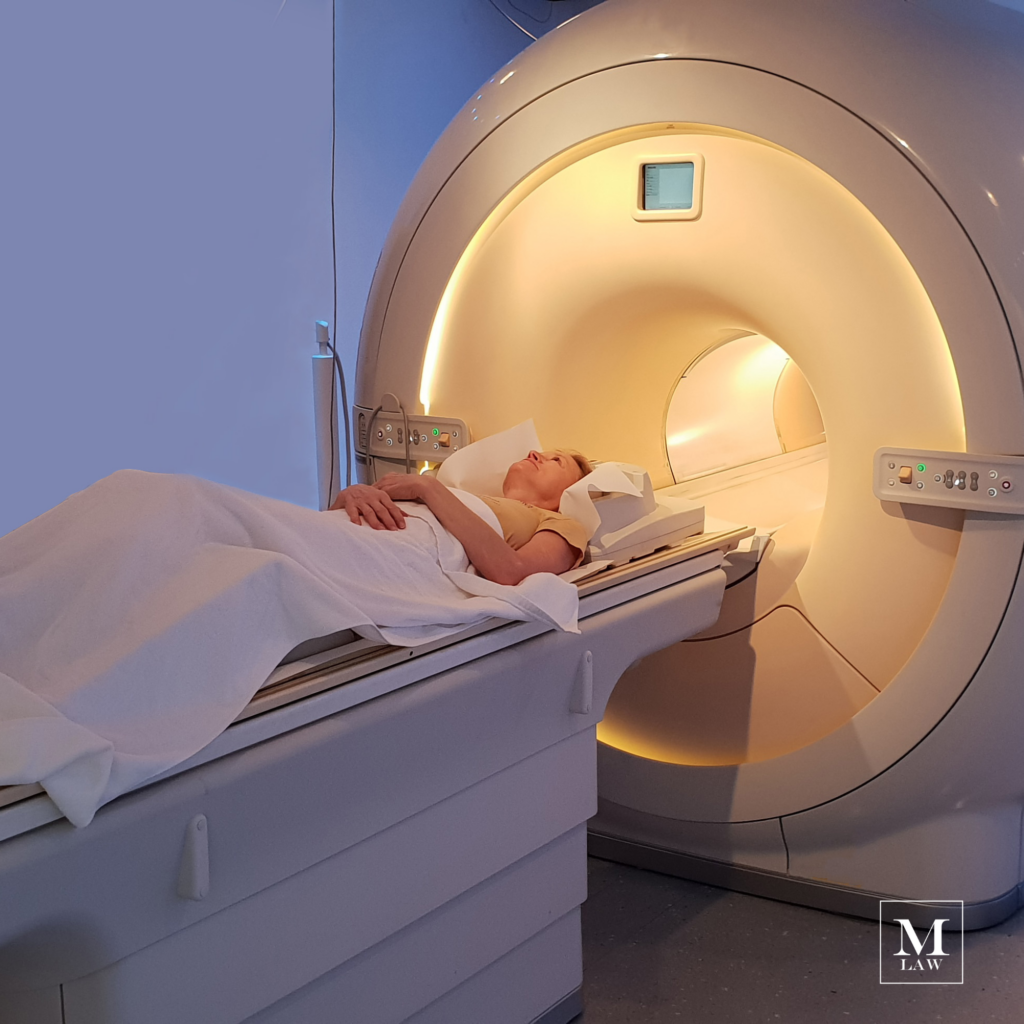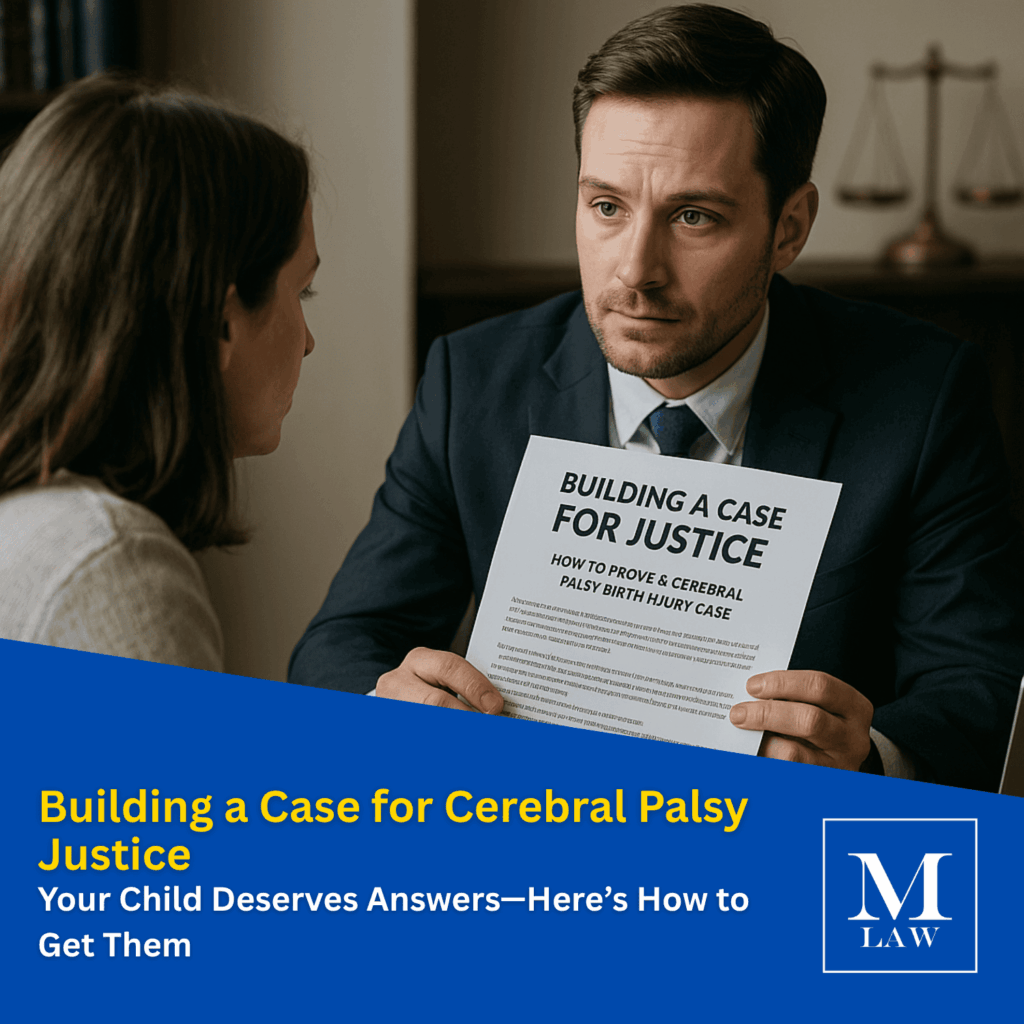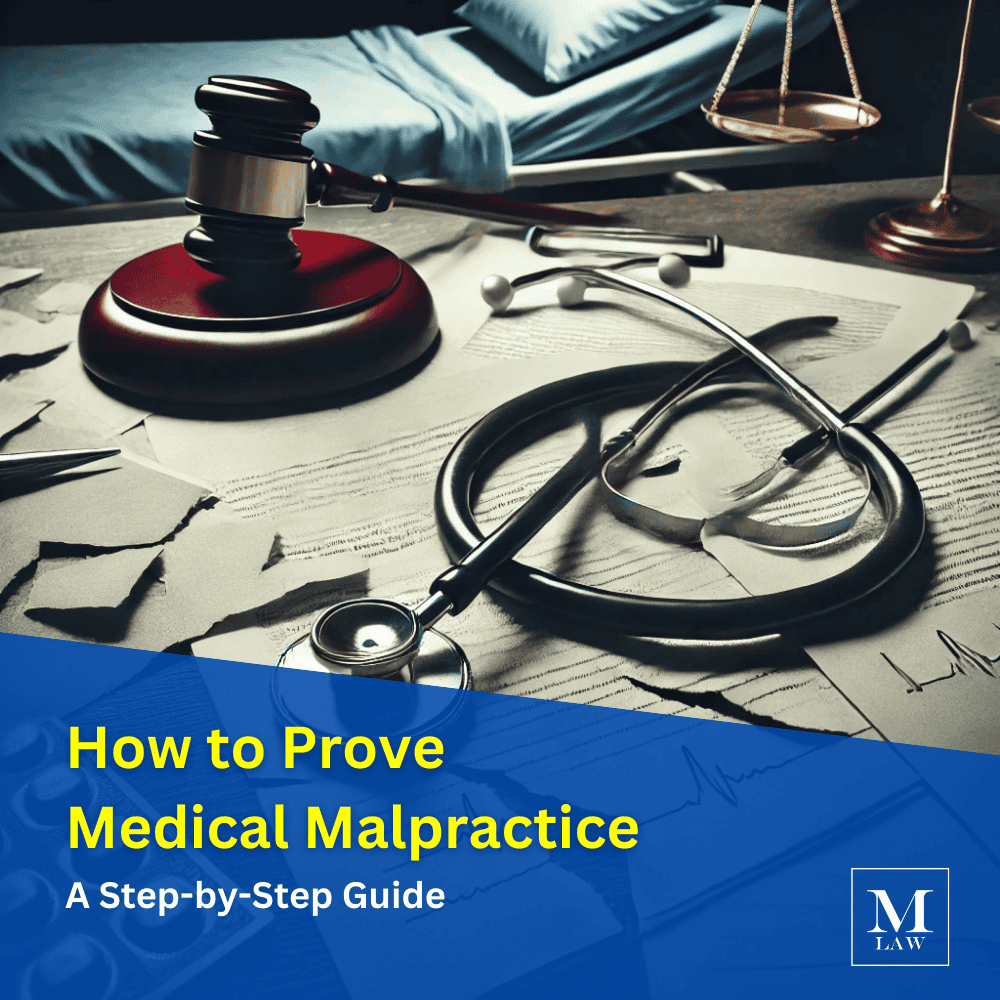Misdiagnosis is unfortunately a relatively common occurrence in the medical field. The exact frequency of misdiagnosis is difficult to determine, as it can vary depending on the condition being diagnosed and the specific healthcare setting. However, research suggests that misdiagnosis rates may be as high as 10-20% of all cases.
There are many reasons why misdiagnosis can occur, including incomplete or inaccurate medical information, failure to recognize atypical symptoms, and cognitive biases on the part of the healthcare provider. In some cases, misdiagnosis can result in serious harm to the patient, including delayed or inappropriate treatment.
To reduce the risk of misdiagnosis, healthcare providers are encouraged to take a thorough medical history, perform a comprehensive physical examination, order appropriate diagnostic tests, and consider a range of possible diagnoses. Patients can also play a role in reducing the risk of misdiagnosis by providing accurate and complete information about their symptoms and medical history.

Why is misdiagnosis common?
Misdiagnosis is common for the simple reason that doctors are fallible. Additionally, doctors do not have infinite resources and time to test for every possible condition. Doctors often have to make a judgment call given limited time and test results, and this causes room for error.
There are many factors at play that doctors must contend with when making a diagnosis, including:
- Complexity of medical conditions: Many medical conditions can have similar symptoms, and some conditions may present with atypical or uncommon symptoms. This can make it difficult for healthcare providers to arrive at an accurate diagnosis.
- Limited time and resources: Healthcare providers may have limited time and resources to devote to each patient, particularly in busy clinical settings. This can lead to incomplete or rushed assessments that increase the risk of misdiagnosis.
- Cognitive biases: Healthcare providers may have biases or preconceptions that influence their diagnostic decision-making. For example, a provider may be more likely to diagnose a patient with a condition that they have seen frequently in the past, rather than considering less common possibilities.
- Incomplete or inaccurate medical information: Misdiagnosis can also occur when medical information is incomplete, inaccurate, or unavailable. This can include incomplete medical records, inaccurate test results, or a lack of communication between healthcare providers.
- Patient factors: Patients may also contribute to misdiagnosis by providing incomplete or inaccurate information about their symptoms or medical history. Additionally, some patients may have difficulty articulating their symptoms or may be reluctant to disclose certain information to their healthcare provider.
While this is a lot for doctors to deal with, ultimately, it is their job and responsibility to do so. Misdiagnosis can become medical negligence if a doctor does not do their best to overcome these factors and give a proper diagnosis.
You can learn more about what it means for doctors to “do their best” from our article on the reasonable person standard.

Effects of Misdiagnosis
Misdiagnosis can have a wide range of effects on patients, depending on the severity and nature of the condition that is misdiagnosed. Some potential effects of misdiagnosis include:
- Delayed or inappropriate treatment: Misdiagnosis can result in delayed or inappropriate treatment, which can allow the underlying condition to progress or worsen. This can lead to complications or long-term health consequences.
- Unnecessary treatment: In some cases, misdiagnosis can lead to unnecessary treatment, including medications, procedures, or surgeries that do not address the underlying condition. This can result in unnecessary expense, side effects, and potential harm.
- Psychological distress: Misdiagnosis can also cause psychological distress for patients, who may experience anxiety, fear, or frustration as they search for answers to their health concerns.
- Loss of trust in healthcare providers: Misdiagnosis can erode patients’ trust in healthcare providers, particularly if the misdiagnosis results in negative health outcomes or if patients feel that their concerns were not taken seriously.
- Financial burden: Misdiagnosis can also result in financial burden for patients, who may incur expenses related to unnecessary or delayed treatments, as well as additional medical tests and procedures.
A misdiagnosis can have a significant impact on your physical, emotional, and financial well-being. It is important for healthcare providers to work to reduce the risk of misdiagnosis and to be transparent and responsive when an improper diagnosis does occur.
How to Prevent Misdiagnosis
It’s not feasible to entirely prevent misdiagnosis, however there are several things that you can do to reduce your chances of receiving an improper diagnosis.
- Provide accurate and complete medical history: Patients should provide their healthcare provider with a detailed and accurate medical history, including any past illnesses, surgeries, or medications. Patients should also inform their provider of any current symptoms or changes in their health.
- Be an active participant in your care: Patients should actively participate in their healthcare by asking questions, expressing concerns, and providing feedback. Patients should also follow their provider’s recommendations and adhere to prescribed treatments.
- Seek a second opinion: Patients who are concerned about their diagnosis or who feel that their provider is not taking their concerns seriously may want to seek a second opinion from another healthcare provider.
- Keep track of symptoms and changes: Patients should keep track of their symptoms and any changes in their health, and report these changes to their healthcare provider. This can help providers to make a more accurate diagnosis.
- Advocate for yourself: Patients should feel empowered to advocate for their own health and wellbeing, and to speak up if they feel that something is not right with their diagnosis or treatment plan.
Remember, these tips cannot completely rule out the possibility of a misdiagnosis, but they certainly can help you cover your bases and reduce the likelihood of a one.
If you believe that you already were misdiagnosed, and that this caused a negative impact on your life, get in touch with the medical malpractice attorneys here at Merson Law PLLC. Our team can help you seek compensation for damages that resulted from your misdiagnosis. Get an initial consultation by calling our office today.








